SHIFTING SANDS
Scheele, a professor of social anthropology in Paris, points out that ancient Greeks and Romans and medieval Arab conquerors settled the temperate strip along the Mediterranean but considered the vast region to the south a wasteland dotted with savage tribes. European imperialists arrived in the 19th century and, under the mistaken impression that the desert had bloomed in Roman times, took a dim view of local pastoralists. Chasing off the herds (and their manure) and digging deep for water, they produced a short bloom of intensive agriculture that the region could not support, a disappointment that persuaded western experts that their lands were deteriorating and gave rise to massive “anti-desertification” programs that have soaked up billions of aid dollars to little effect. Scheele bumps over desert roads in rough company to deliver a vivid portrait of wildly disparate people and nations. The discovery of oil in Algeria and Libya in the 1950s gave their nations first-world wealth while autocrats, civil wars, and terrorism have produced a string of struggling states (Chad, Mali, Niger), among the world’s poorest. The author holds a low opinion of traditional European-oriented history, which ignores ancient African cultures, but does not lean over backward to proclaim their wonders. Slavery remains common throughout the region and, while different from the old American version, is no less deplorable. The exhilarating uprisings of a decade ago that overturned autocracies across the continent have failed. Misgovernment may be the rule, but it has a short reach; tribalism, religion, and commerce dominate day-to-day life and may outlive it.


Scheele, a professor of social anthropology in Paris, points out that ancient Greeks and Romans and medieval Arab conquerors settled the temperate strip along the Mediterranean but considered the vast region to the south a wasteland dotted with savage tribes. European imperialists arrived in the 19th century and, under the mistaken impression that the desert had bloomed in Roman times, took a dim view of local pastoralists. Chasing off the herds (and their manure) and digging deep for water, they produced a short bloom of intensive agriculture that the region could not support, a disappointment that persuaded western experts that their lands were deteriorating and gave rise to massive “anti-desertification” programs that have soaked up billions of aid dollars to little effect. Scheele bumps over desert roads in rough company to deliver a vivid portrait of wildly disparate people and nations. The discovery of oil in Algeria and Libya in the 1950s gave their nations first-world wealth while autocrats, civil wars, and terrorism have produced a string of struggling states (Chad, Mali, Niger), among the world’s poorest. The author holds a low opinion of traditional European-oriented history, which ignores ancient African cultures, but does not lean over backward to proclaim their wonders. Slavery remains common throughout the region and, while different from the old American version, is no less deplorable. The exhilarating uprisings of a decade ago that overturned autocracies across the continent have failed. Misgovernment may be the rule, but it has a short reach; tribalism, religion, and commerce dominate day-to-day life and may outlive it.








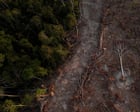




_1.jpg)





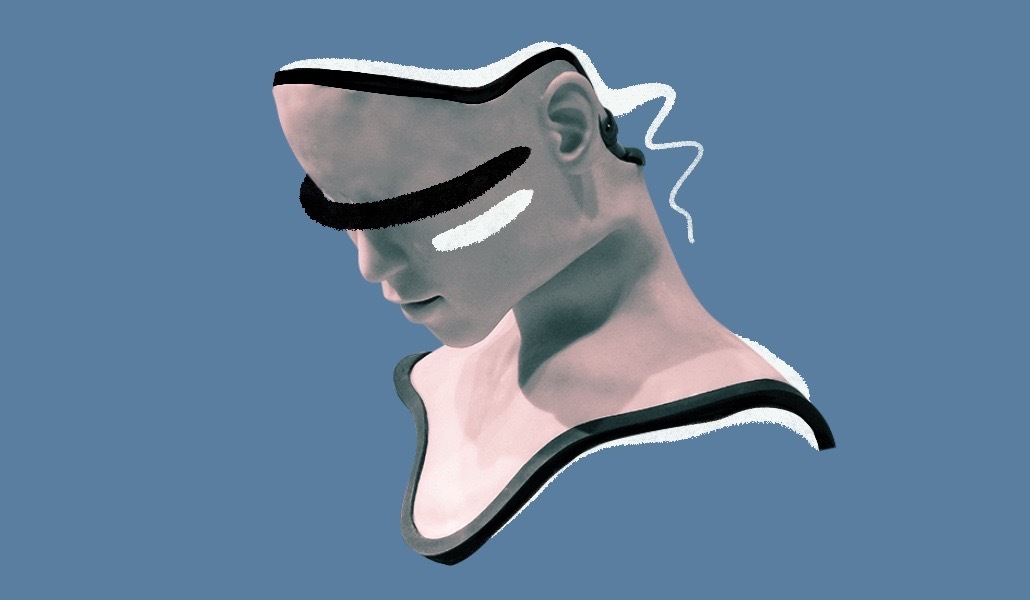



![How To Drive More Conversions With Fewer Clicks [MozCon 2025 Speaker Series]](https://moz.com/images/blog/banners/Mozcon2025_SpeakerBlogHeader_1180x400_RebeccaJackson_London.png?auto=compress,format&fit=crop&dm=1750097440&s=282171eb79ac511caa72821d69580a6e#)

![Brand and SEO Sitting on a Tree: K-I-S-S-I-N-G [Mozcon 2025 Speaker Series]](https://moz.com/images/blog/banners/Mozcon2025_SpeakerBlogHeader_1180x400_LidiaInfante_London.png?auto=compress,format&fit=crop&dm=1749465874&s=56275e60eb1f4363767c42d318c4ef4a#)
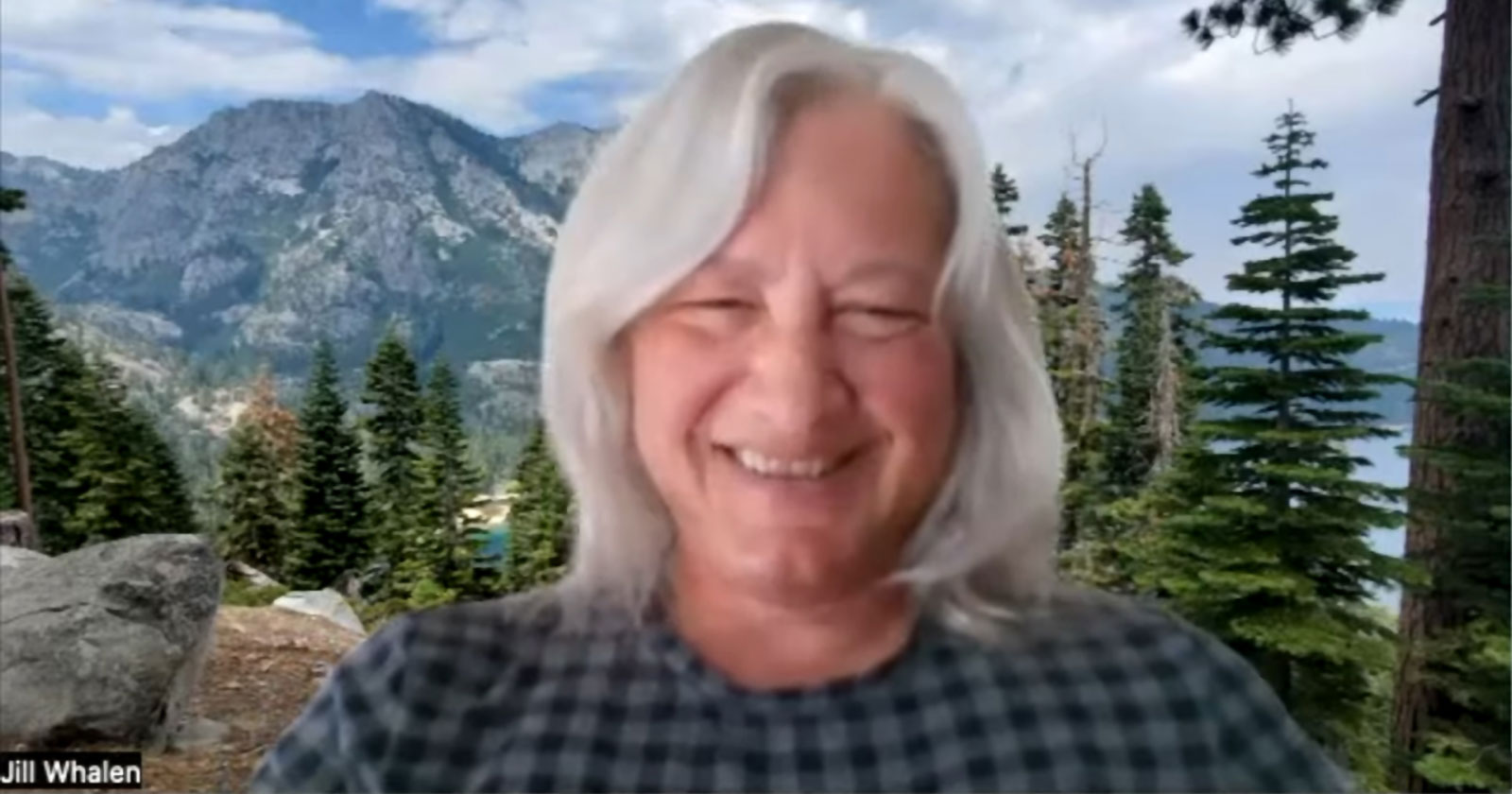
























![The 11 Best Landing Page Builder Software Tools [2025]](https://www.growthmarketingpro.com/wp-content/uploads/2024/04/best-landing-page-software-hero-image-1024x618.png?#)







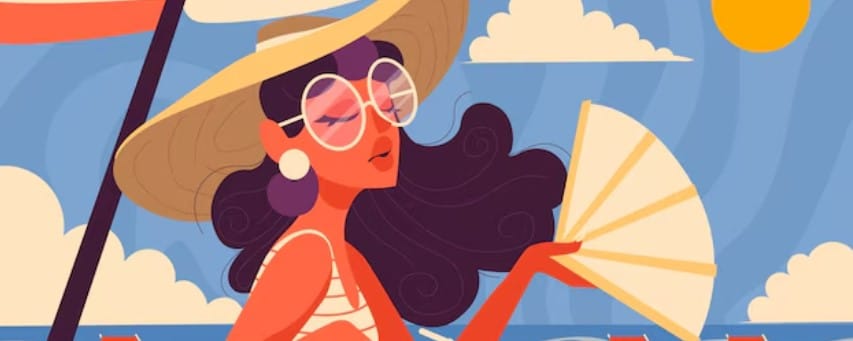




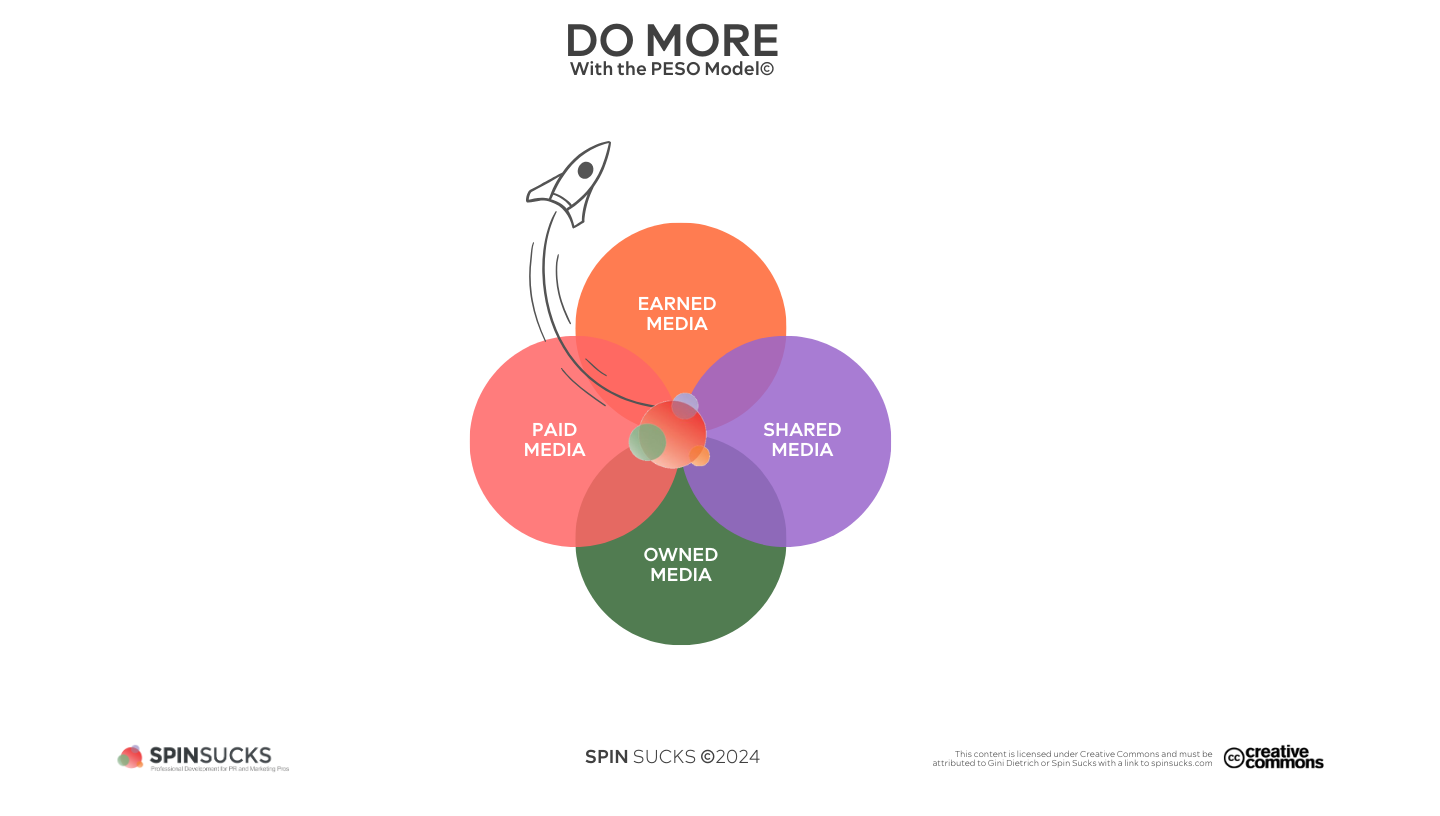


























![How to Create an SEO Forecast [Free Template Included] — Whiteboard Friday](https://moz.com/images/blog/banners/WBF-SEOForecasting-Blog_Header.png?auto=compress,format&fit=crop&dm=1694010279&s=318ed1d453ed4f230e8e4b50ecee5417#)




![What Is a Markup Language? [+ 7 Examples]](https://static.semrush.com/blog/uploads/media/82/c8/82c85ebca40c95d539cf4b766c9b98f8/markup-language-sm.png)














































